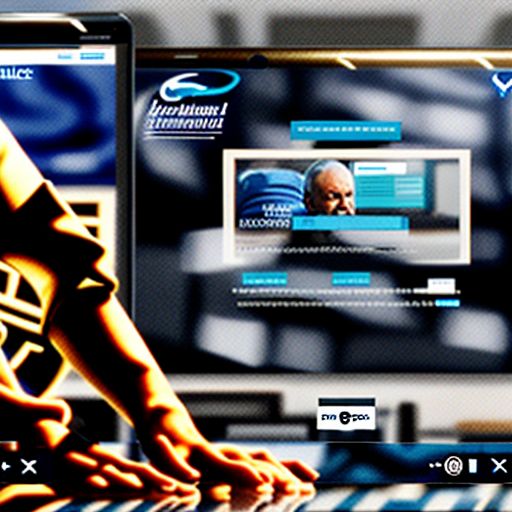In a world increasingly reliant on technology, it’s no surprise that the healthcare sector is experiencing a digital revolution. This transformation has led to an explosion of health data, creating a critical need for skilled professionals who can bridge the gap between technology and healthcare delivery. Enter the Masters in Health Informatics degree.
This program equips individuals with the knowledge and skills to manage, analyze, and leverage health data to improve patient care, streamline operations, and shape the future of healthcare. This article will delve into what a Masters in Health Informatics entails, its growing importance, and answer frequently asked questions about this dynamic field.
What is a Masters in Health Informatics?
A Masters in Health Informatics, sometimes referred to as a Master of Science in Health Informatics (MSHI) or a Master of Health Informatics (MHI), is a postgraduate degree that blends healthcare, information technology, and data science. It provides a comprehensive understanding of:
- Health Data Management: Learn how to acquire, store, analyze, and protect sensitive patient data in compliance with privacy regulations like HIPAA.
- Healthcare Information Systems: Gain expertise in electronic health records (EHRs), telehealth platforms, clinical decision support systems, and other technologies driving healthcare delivery.
- Data Analytics: Master techniques for extracting meaningful insights from health data to improve patient outcomes, reduce costs, and enhance operational efficiency.
- Health Informatics Research: Contribute to the advancement of the field by conducting research on emerging technologies, data analysis methods, and healthcare delivery models.
Why is a Masters in Health Informatics Important?
The healthcare industry is undergoing a data-driven transformation, and professionals with health informatics expertise are in high demand. Here’s why this field is so important:
- Improved Patient Care: Health informatics empowers clinicians with real-time access to complete patient data, enabling better-informed decisions and more personalized care plans.
- Enhanced Operational Efficiency: Streamlined workflows, reduced medical errors, and optimized resource allocation are just some ways health informatics enhances healthcare operations.
- Population Health Management: By analyzing large datasets, health informaticians can identify trends and patterns to improve public health initiatives and disease prevention strategies.
- Innovation and Research: Health informatics drives innovation in healthcare technology, leading to the development of cutting-edge tools and treatments.
Frequently Asked Questions about Masters in Health Informatics Programs
What are the career paths for graduates with a Masters in Health Informatics?
Earning a Masters in Health Informatics opens doors to a wide range of rewarding and in-demand careers, including:
- Health Informatics Specialist
- Health Data Analyst
- Clinical Informatics Manager
- EHR Implementation Specialist
- Health Information Security Analyst
- Healthcare IT Consultant
healthcare.xephucloi.vn/wp-content/uploads/2024/07/healthcare informatics career paths-669655.jpg" alt="Careers in Health Informatics" width="512" height="512">Careers in Health Informatics
What skills are needed to succeed in a Masters in Health Informatics program?
Success in a Master’s in Health Informatics program requires a blend of technical and analytical skills, coupled with a strong foundation in healthcare principles:
- Analytical Thinking: Ability to interpret complex data and draw meaningful conclusions.
- Problem-Solving: Identifying challenges and developing innovative solutions within healthcare systems.
- Communication Skills: Effectively conveying technical information to diverse audiences.
- Attention to Detail: Accuracy is critical when working with sensitive patient data.
- Technical Proficiency: Familiarity with databases, programming languages, and healthcare software.
Is a background in healthcare required for a Masters in Health Informatics?
While a healthcare background can be beneficial, it’s not always a requirement. Many programs welcome students with diverse academic and professional backgrounds, including computer science, data science, business administration, and more.
What is the job outlook for Health Informatics professionals?
The job outlook for health informatics professionals is exceptionally promising. The Bureau of Labor Statistics projects a much faster than average growth rate for health informatics careers, with demand driven by the increasing reliance on health data and technology.
Conclusion
A Masters in Health Informatics is a strategic investment for individuals passionate about transforming healthcare through technology and data. This dynamic field offers intellectually stimulating work, competitive salaries, and the opportunity to make a real difference in the lives of patients and communities.
Do you have more questions about Masters in Health Informatics programs? Share your thoughts and inquiries in the comments below. We’d love to hear from you!




